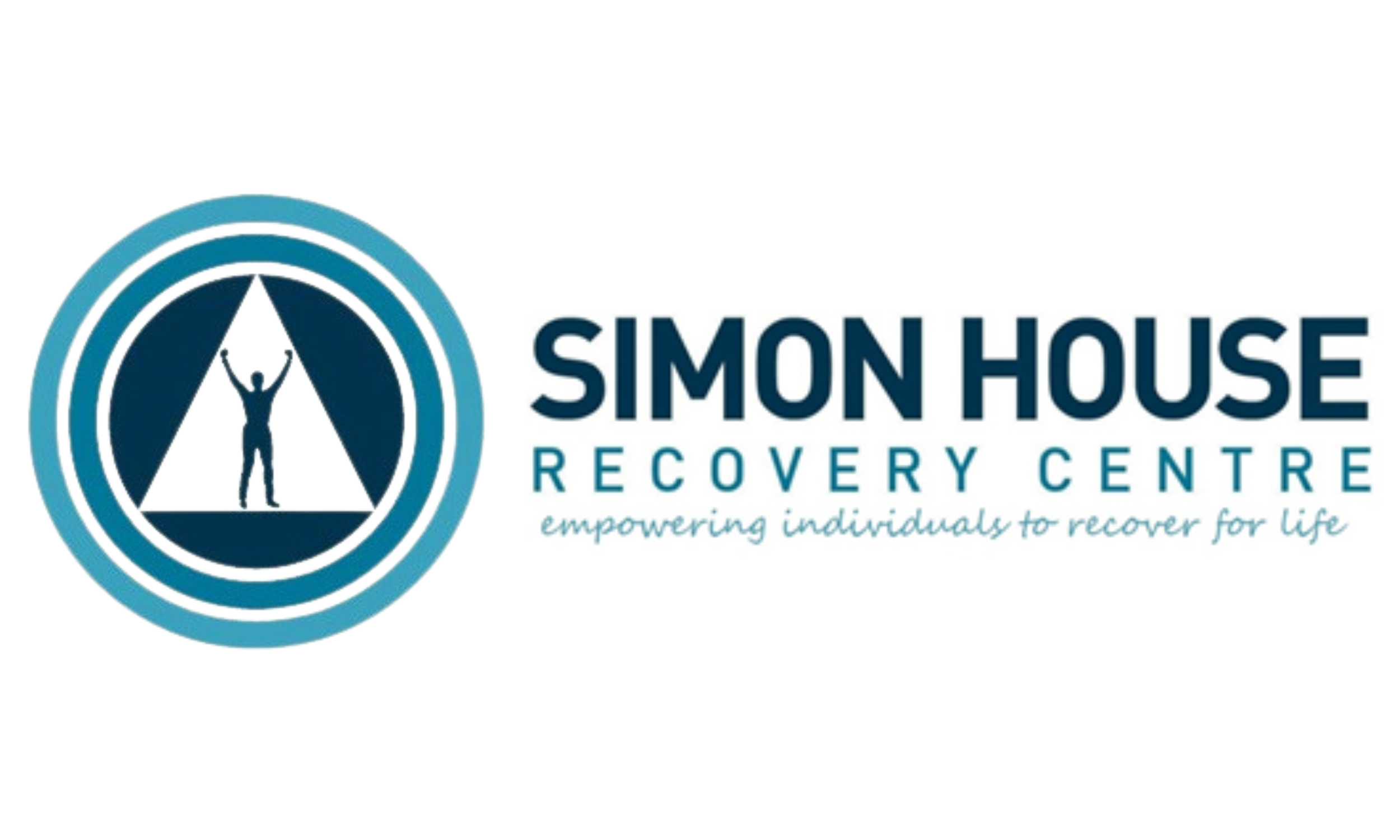Peter's Story
Addiction and Finances
It started with sugar.
Harmless enough some would say. After all, sugar is the reward for most children growing up, and I was no exception. I was obsessed with earning it, obtaining it, and thieving for it as it fuelled an insatiable hunger for something so very deep inside of me, that at the time I did not understand, but would eventually come to surrender to…addiction.
Next, it was a cigarette, marijuana, and then finally alcohol. A sanctioned, legal substance that would take me down a dark lonely highway and into many a bottle for well over fifteen years. Notwithstanding the physical and emotional impact the drug had on my life, the effects on my finances were just as overwhelming. However, because of being in the throws of my compulsion for spirits, I could not see the forest for the trees and spiralled into financial despair at the same time, waking only to the ruin as I became sober.
Over the last ten years of my sobriety; and working as an insolvency counsellor, I have come to recognize the parallels of addictions and carrying debt. Whether or not one struggles with addiction in conjunction with money trouble, or simply financial unwellness on its own, the behaviours that lead up to the maladies are quite similar.
So how do we address getting well? The starting point in both cases is the same: accepting that we are unwell. Simple enough it seems, but the unwellness carries great shame indeed. Shame that thwarts us and shackles us as we continue to feed the despair and anguish to avoid addressing the illness. Our egos take the time they need to capitulate us to our circumstances, and when they do, we are then finally ready to accept where we are at and begin the process of recovery.
Recovery is defined by Merriam Webster as: “the act or process of returning to a normal state after a period of difficulty,” and to return to this state, we must consider addressing the behaviours that brought us to that condition in the first place. As we review our pecuniary troubles and the debts that became formidable over time, we may have difficulty determining exactly the point where we truly hit that apex of financial desperation. This is typical for most of us because the progression into debt was so slow, we did not even notice it, and accordingly, we resigned ourselves to simply accepting our indebtedness as a part of our normal lives.
Identifying some of the choices we made that brought us to our monetary discomfort and reviewing those choices to determine whether they served us completely, is essential in order to maintain financial wellness as we move forward. Sure, we can connect with professionals, who can assist us in getting rid of our present debt, but likely we will return to this common place of economic chaos once we are through with the process because we never truly understood how we got there in the first place. These attitudes can be so deeply rooted that we naturally just give in to them again.
It is this misapprehension that requires a profound commitment to a fundamental change in one’s deportment. Dedication to wellbeing comes with a level of suffering most are not willing to endure. It starts with one step, a manifestation to a greater level of wellness; financial or otherwise for us to become aligned. I often reflect on a quote by Marcel Proust: “We are healed of a suffering only by experiencing it to the full.”
I have found that by accepting recovery as something that is ongoing, rather than a task to complete, I can continue to take personal inventory of my actions as they relate to my financial stability and my sobriety. Accordingly, this commitment has provided me with a level of contentment that has allowed me to remain debt free and spiritually fit. I highly endorse all those who subscribe to this journey, as it has served me well.
